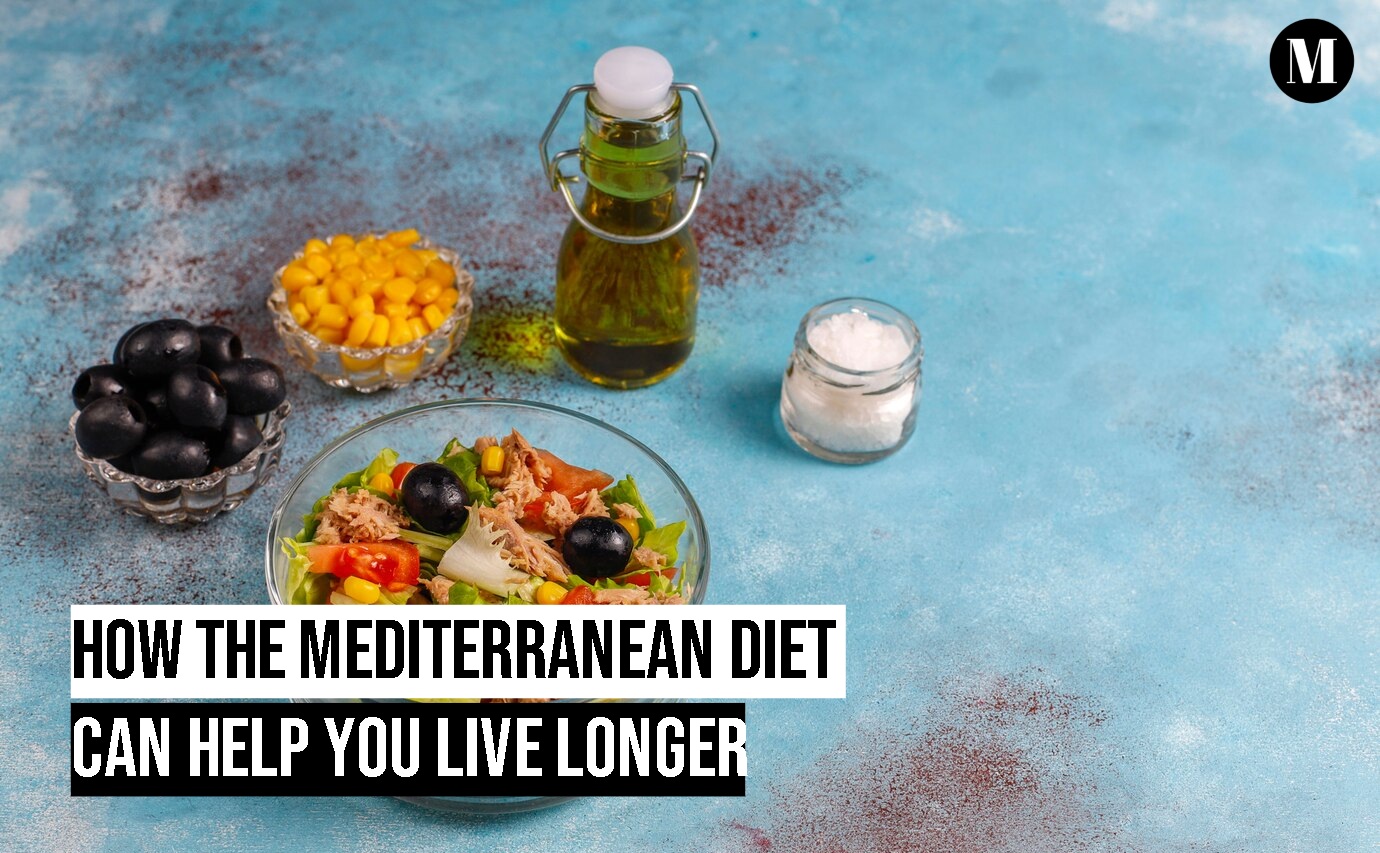The Mediterranean diet is more than just a way of eating, it’s a lifestyle associated with longer life expectancy, improved heart health, and reduced risk of chronic diseases. Inspired by the traditional diets of countries like Greece, Italy, and Spain, this approach focuses on whole, nutrient-rich foods and a balanced way of living. But how exactly does the Mediterranean diet contribute to longevity? Let’s break it down.
What Is the Mediterranean Diet?
Unlike strict diet plans that count calories or eliminate food groups, the Mediterranean diet is a flexible, balanced approach to eating. It emphasizes:
- Fruits and vegetables as primary sources of vitamins, minerals, and antioxidants
- Whole grains like brown rice, quinoa, and whole wheat bread for sustained energy
- Healthy fats from olive oil, nuts, and seeds, which support heart health
- Lean proteins, especially from fish, poultry, and legumes, rather than red meat
- Dairy in moderation, often in the form of yogurt or cheese
- Herbs and spices instead of excessive salt for flavor
Additionally, this diet encourages social eating, regular physical activity, and mindful eating habits, which all contribute to overall well-being.
How the Mediterranean Diet Supports Longevity

1. Protects Heart Health
Heart disease is one of the leading causes of death worldwide, but studies show that the Mediterranean diet significantly lowers the risk of cardiovascular issues. The high intake of healthy fats, particularly monounsaturated fats from olive oil and omega-3s from fish, helps reduce bad cholesterol and inflammation.
Additionally, foods rich in fiber, like whole grains and legumes, support healthy blood pressure and prevent artery blockages. This combination reduces the risk of heart attacks, strokes, and hypertension, all factors linked to a longer life.
2. Reduces the Risk of Chronic Diseases
A diet high in processed foods, sugar, and unhealthy fats can contribute to chronic illnesses such as diabetes, obesity, and cancer. The Mediterranean diet, on the other hand, prioritizes whole, nutrient-dense foods that help regulate blood sugar levels and reduce inflammation.
For example, leafy greens, berries, and nuts contain antioxidants that fight oxidative stress, which is linked to aging and disease development. Regular consumption of these foods can lower the risk of type 2 diabetes, certain cancers, and neurodegenerative conditions like Alzheimer’s.
3. Supports Brain Health and Cognitive Function
Cognitive decline is a major concern as we age, but diet plays a crucial role in preserving brain function. The Mediterranean diet is rich in DHA and EPA (omega-3 fatty acids), which are essential for brain health. These fatty acids help maintain memory, improve focus, and reduce the risk of dementia.
Additionally, polyphenols found in olive oil, red wine (in moderation), and dark chocolate protect brain cells from damage and support long-term cognitive function. People who follow the Mediterranean diet have been shown to have a lower risk of Alzheimer’s disease and age-related memory loss.
4. Promotes a Healthy Gut and Stronger Immunity
Gut health is directly linked to longevity. A diet rich in fiber, fermented foods, and prebiotics supports a diverse gut microbiome, which is essential for digestion, immune function, and inflammation control.
Mediterranean staples like Greek yogurt, kefir, legumes, and fiber-rich vegetables nourish beneficial gut bacteria, leading to a stronger immune system and a lower risk of infections and inflammatory diseases.
5. Encourages a Balanced Lifestyle
The Mediterranean diet is not just about food, it also promotes a holistic approach to health. It encourages:
- Social connections: Sharing meals with family and friends reduces stress and boosts mental well-being.
- Physical activity: Daily movement, such as walking, gardening, or cycling, plays a key role in longevity.
- Mindful eating: Slower, more intentional eating habits improve digestion and prevent overeating.
This balance between diet and lifestyle reduces stress, improves mental health, and enhances overall quality of life, all of which contribute to a longer lifespan.
How to Adopt the Mediterranean Diet
You don’t need to live in the Mediterranean to benefit from this way of eating. Here are some simple steps to incorporate Mediterranean principles into your daily routine:
- Use olive oil as your primary cooking fat instead of butter or vegetable oils.
- Eat more fish, especially fatty fish like salmon, sardines, and mackerel.
- Increase your intake of vegetables and fruits, aiming for at least 5 servings per day.
- Choose whole grains over refined ones opt for whole wheat bread, brown rice, and quinoa.
- Limit processed and red meats, replacing them with poultry, beans, and lentils.
- Snack on nuts and seeds, such as almonds, walnuts, and sunflower seeds.
- Flavor meals with herbs and spices instead of salt for added nutrients and taste.
- Drink water as your main beverage, with moderate consumption of red wine if desired.
- Stay active daily, whether through walking, stretching, or other forms of movement.
- Enjoy meals with others, taking time to appreciate your food and company.
The Mediterranean diet is one of the most well-researched and effective ways to promote long-term health and longevity. By focusing on nutrient-dense whole foods, healthy fats, and a balanced lifestyle, you can improve heart health, brain function, and overall well-being.
Making small, sustainable changes to your eating habits can have a profound impact on your health, helping you live not just longer, but better.











